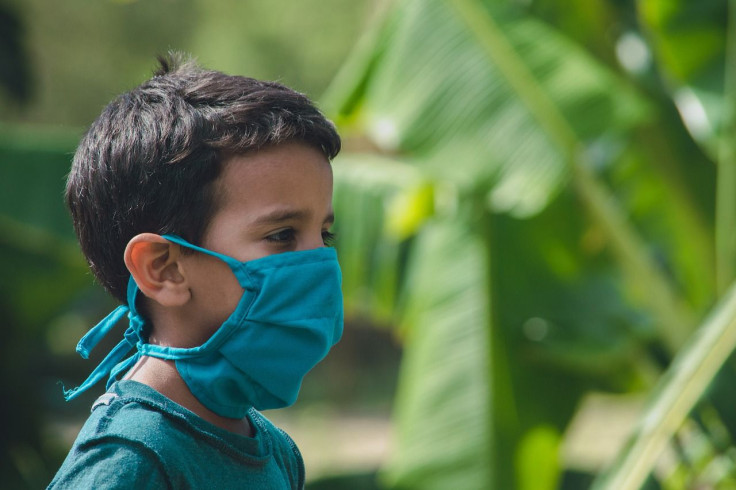Coronavirus Hits Immigrants: 19 Children Test Positive At Chicago Shelter

Nineteen children and two employees at a Chicago shelter for immigrant youth and an undocumented worker in San Francisco are two examples of how the coronavirus pandemic has affected the country’s undocumented immigrant population. It has also laid bare the complex social issues that emerge during a crisis when there seems to be plenty of help for most people and none for others.
The 21 people at the Heartland Alliance Bronzeville shelter on the South Side of Chicago tested positive for COVID-19 over the weekend. Because the disease is less of a threat to children than adults, the strategy for any contagious disease like COVID-19 is to move them into an isolated environment to minimize the risk of spreading the infection into the community.
No one will deny that unaccompanied innocent children need care and a nurturing environment and there appears to be no shortage of help from various sources.
- Heartland Alliance is the umbrella nonprofit organization that oversees the shelter program. Mailee Garcia, a spokeswoman for the organization, wrote in a statement. “The prognosis for all of the children in our care is very good, and we are continuing to focus on our participants’ health and well-being.”
- Office of Refugee Resettlement (ORR) is a program of the Administration for Children and Families, an office within the United States Department of Health and Human Services that oversees the nation’s shelter program and has been in contact with the city’s health officials and Heartland Alliance.
- The City of Chicago and its Health Department gather reports from the shelters and then provides “tailored guidance to facility staff on infection control, including cleaning protocols and how to properly manage both COVID-19 positive and exposed individuals,” according to a spokesperson.
- The Illinois Department of Children and Family Services licenses the shelters. Their spokesperson, Jassen Strokosch said, “We’ve been in contact, and we’re offering assistance.”
- Lawyers and advocates across the country like the Immigration Law Clinic at the University of California, work on behalf of children who have preexisting conditions that have not been identified by shelter officials or ORR and will make them more vulnerable to COVID-19.
In San Francisco, the situation is much different for Marcos Saul Aurora Gonzalez, a non-English speaking undocumented immigrant from El Salvador. He is not eligible for the $1,200 stimulus payment currently being sent out to Americans because he lacks a valid Social Security number.
He left El Salvador, leaving behind a family that depends on him for financial support. His work as a day laborer and his girlfriend’s job cleaning houses, considered non-essential, ended with the onset of the pandemic.
They now are confined to their apartment, worrying about how to pay for basic needs in a state that is already financially stressed. Some blame the state’s problems on the influx of illegal immigrants draining the state budget for social services while others credit them with working at low-level jobs that pay little but contribute to the economy at large.
Some efforts are being made by the governor, some cities and various non-profit organizations to provide relief for those in Marcos’s situation but until that happens, he will have to worry about food and shelter as well as getting infected by COVID-19.
© Copyright IBTimes 2024. All rights reserved.





















